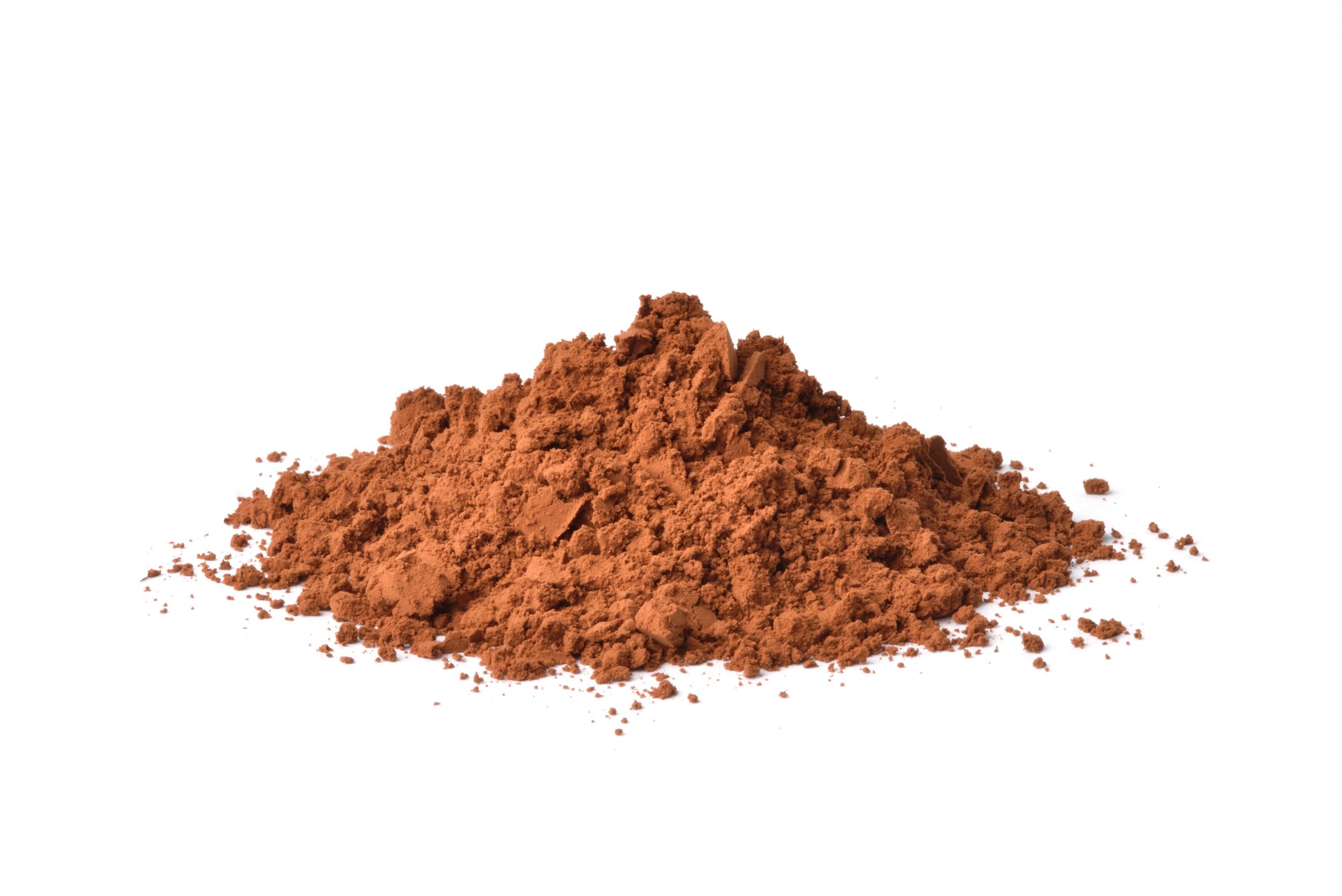Cocoa has been in history for several centuries now. It is thought to have been introduced by the Mayans during their civilization in Central America. It has wide use, and currently, its powder has drastically gained attention among health-conscious people.
In Europe, cocoa had lasted since the 16th century, when it was introduced by Spanish conquerors. Since then, it grew in popularity – thanks to its health benefits. Cocoa powder is made by extracting fat and cocoa butter after crushing cocoa beans. In the contemporary system, cocoa is widely known for its use in the production of chocolate. Studies have also revealed that cocoa contains beneficial compounds that may help promote your health. Read on to learn how cocoa powder can benefit your health.
1. Contains High Amounts of Polyphenols
Polyphenols are powerful antioxidants that occur naturally and are found in foods, such as wine, tea, fruits, vegetables, and chocolate. Polyphenols can help improve your health in many ways, including improved blood sugar levels, better circulation, lower blood pressure, reduced inflammation, and improved cholesterol levels. Cocoa is an excellent source of polyphenols, particularly flavanols – which have powerful antioxidant and anti-inflammatory properties. That said, cocoa may lose some of its health benefits during the processing and heating of the beans. In addition to heating, treatment with alkaline to make it less bitter can reduce flavanol content by up to 60 percent. It, therefore, means that some products containing cocoa may lack polyphenols, despite cocoa’s rich polyphenol content.
2. May Lower Blood Pressure by Increasing the Production of Nitric Oxide
Both forms of cocoa, powdered and dark chocolate, may help improve high blood pressure. This effect was speculated in people in a certain island of Central America who frequently took cocoa drink and had significantly lower blood pressure than those on another island who didn’t take cocoa. Nitric oxide is a chemical that regulates blood pressure by dilating blood vessels. Flavanols in cocoa are able to increase the production of nitric oxide in the bloodstream, which can improve the function of arteries and veins and reduce blood pressure.
Evidence suggests that cocoa’s flavanols can reduce blood pressure by about 2 mmHg. The bloods-lowering effects of cocoa are thought to be pronounced in people with elevated blood pressure than those without and in older adults than younger adults. Given that processing, heating, and alkaline treatment reduces flavanols in cocoa, the effects of lowered blood pressure may not be noticed from a chocolate bar.
3. May Lower the Risk of Heart Disease, Including Heart Attack and Stroke
Apart from lowering blood pressure, studies indicate that cocoa may help reduce the risk of heart diseases like heart attack and stroke. Heart disease is the leading cause of death worldwide. Cocoa high in flavanols stimulates the body to produce more nitric oxide in the blood, which improves circulation by relaxing and dilating blood vessels. Additionally, cocoa may reduce “bad” low-density lipoprotein (LDL) cholesterol, thin down blood like aspirin, regulate blood sugar, and reduce inflammation. These are all markers of heart disease, and improving them may significantly lower its risk plus that of heart attack, stroke, and heart failure.
One study suggests that increased consumption of chocolate can so much reduce the risk of heart disease, cerebrovascular accident, and even death. Evidence also indicates that taking chocolate can significantly lower the rate of heart failure, especially at doses of 19-30 g of chocolate each day. It thus means that taking chocolate rich in cocoa may protect your heart against diseases.
4. Cocoa May Help Improve Brain Function by Enhancing Blood Flow
Research has consistently shown that consuming foods rich in polyphenols like cocoa reduces the risk of degenerative diseases of the brain by enhancing brain function and blood flow. Flavanols are capable of crossing the blood-brain barrier – what shields the brain from toxic compounds – and partake in biochemical pathways that are responsible for the production of neurons and molecules for brain function. Plus, flavanols increase the production of nitric oxide, a chemical that dilates and relaxes blood vessels, leading to increased circulation and blood supply to the brain tissues.
It is thought that a high intake of flavanols can significantly increase blood flow to the brain by up to 10 percent in just 14 days. What’s more, studies indicate that consuming flavanols in cocoa every day can enhance mental performance in individuals with impaired mental status. While more research is needed, these studies suggest that cocoa may improve Alzheimer’s disease and Parkinson’s disease, among other neurodegenerative disorders.
5. May Help Alleviate Anxiety, Improve Mood and Manage Symptoms of Depression
In addition to cocoa’s positive effect on age-related mental diseases, the same effects on the brain may alleviate anxiety, improve mood, and improve symptoms of depression. Cocoa may do these in various ways. These may include converting tryptophan to serotonin which is a mood stabilizer, delivering flavanols for improved brain function, delivering caffeine for alertness, and increasing the pleasure that comes by eating chocolate. Studies indicate that eating chocolate frequently by pregnant women may help reduce stress and elevate mood in babies. Additionally, drinking cocoa rich in polyphenols can improve calmness and peace of mind.
6. Flavanols May Reduce the Risk of Type 2 Diabetes and Its Symptoms
Many people conscious of their health don’t take chocolate, claiming that it can complicate blood sugar control. While this is partly true, cocoa has some properties that can help with diabetes. Test-tube studies suggest that flavanols in cocoa can delay the digestion and absorption of carbs in the gut, increase the secretion of insulin, reduce inflammation, and increase insulin sensitivity. Research has shown that increasing your intake of foods rich in flavanols, such as cocoa, can significantly lower your risk of type 2 diabetes. This is true as cocoa or dark chocolate can increase the uptake of glucose from the blood into cells, improve blood sugar control, and reduce inflammation in both diabetic and nondiabetic individuals.
Conclusion
Cocoa and cocoa powder is used to make various products like chocolate. While these products may contain polyphenols, treating cocoa beans, processing, and heating may reduce polyphenol content. However, these compounds have antioxidant and anti-inflammatory properties which can reduce blood pressure and reduce the risk of several chronic diseases.
Credits
We would like to thank the below contributors who have helped us to write this article:
- Learn to Enjoy Self-care Routine - September 21, 2023
- Jonathan Aufray’s Story - July 29, 2023
- From Public Housing To Ivy League: The Inspiring Journey of Crystaltharrell.com and its Founder - June 7, 2023









